10 untold secrets of agricultural products
Because of my personal interest in horticultural design, the author went to the horticultural talent training class of the Ministry of Labor. I did not expect that half of the courses were teaching agriculture and horticulture, and half of the students were fellow farmers. After humbly asking teachers and classmates for advice and getting acquainted with them, I learned the secrets of many agricultural products that cannot be said. Interestingly, these secrets are known by farmers, scholars, experts, and competent authorities, but only the majority of consumers do not know. Let me use this blog post to reveal to you the truth about many of the agricultural products we usually buy...

1. The production period of ponkans actually ends at the end of November, but the price is the best during the Lunar New Year period, so most of the ponkans that are still on sale during the Chinese New Year have been soaked in antiseptic potion (usually formalin) to extend the sales period. The oranges displayed on the shelves are wrapped in plastic bags not to prevent insects, but to prevent the evaporation of medicines. As for how to distinguish whether there are oranges that have been soaked in syrup? Fresh oranges usually have a green color on the skin, and it is best not to buy whole golden ponkans.
2. Imported fruits such as strawberries or cherries are usually purchased in a foreign country of origin, and the ice will start to spoil after 2-3 days in the refrigerator. Strawberries and cherries shipped to Taiwan for sale by air are usually X-rayed to extend the sales period. Imported apples and durians can last for a long time because they are soaked in preservatives.

3. The reason why the bottom of the lotus mist is full and swollen to crack is usually due to the spraying of growth hormone, so the growth rate of epidermal cells and pulp cells is inconsistent.
4. The fruit shop sprays crystal clear water droplets on the surface of the fruit, which is usually a diluted preservative (usually formalin) used to increase the shelf life.
5. Vegetables are more abundant in winter due to the suitable planting climate and the rice fields are fallow, and the price is lower, so the amount of pesticide sprayed by farmers will be reduced instead. On the contrary, when the output is greatly reduced during the typhoon season, the price will rise sharply, and farmers will spray a large amount of pesticides to ensure that there will be no more pests. 
6. For the agricultural products sold in Taipei, since the people of Taipei require a beautiful appearance and no traces of insect bites, the spraying of pesticides will be especially strengthened for the brave Taipei people. The vegetables and fruits that farmers eat are usually grown separately. Because they are not sprayed, they are usually very thin and have many insect bite marks.
7. Hydroponic vegetables or non-toxic vegetables produced in food factories are not equal to organic vegetables. Often drip irrigation chemical fertilizers leave vegetables with high levels of nitrates. 
8. Soaking bean sprouts in the general market in bleach is not the biggest problem. The problem of soaking growth hormone is actually more serious.
9. When tomatoes and beans are planted, the same area will be sprayed, flowered, ripened, and harvested at the same time. Therefore, if they are not grown organically, the harvested fruits often contain pesticides that have not yet faded.
10. Because flowers are not for food, they have no commercial value once they get sick, and the import and export quarantine of various countries has extremely high standards for diseases and insect pests, so they usually contain high concentrations of pesticides. Use caution when handling small children and pets.


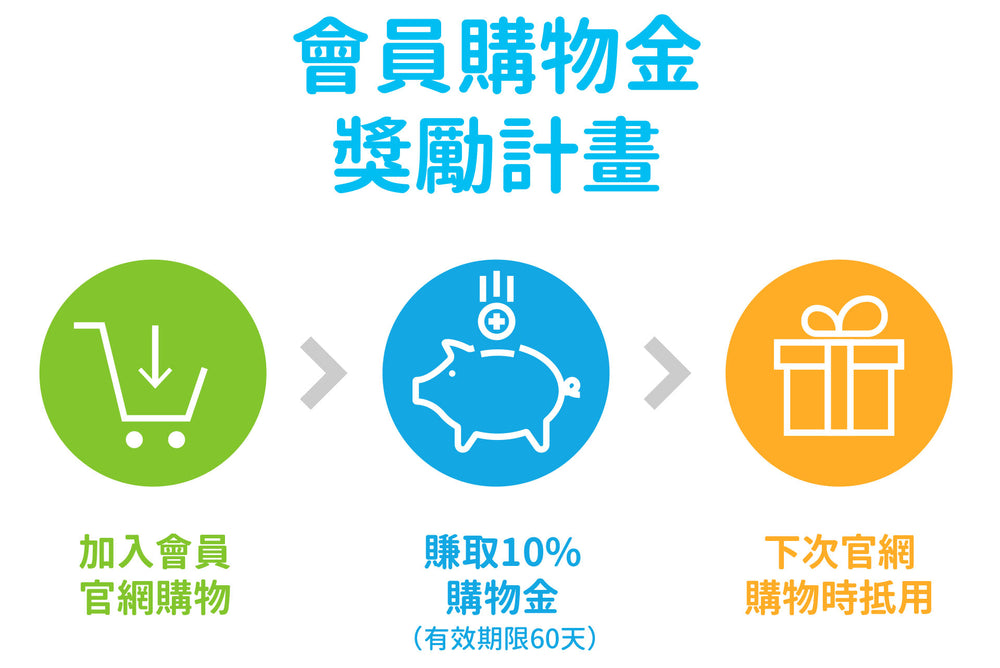
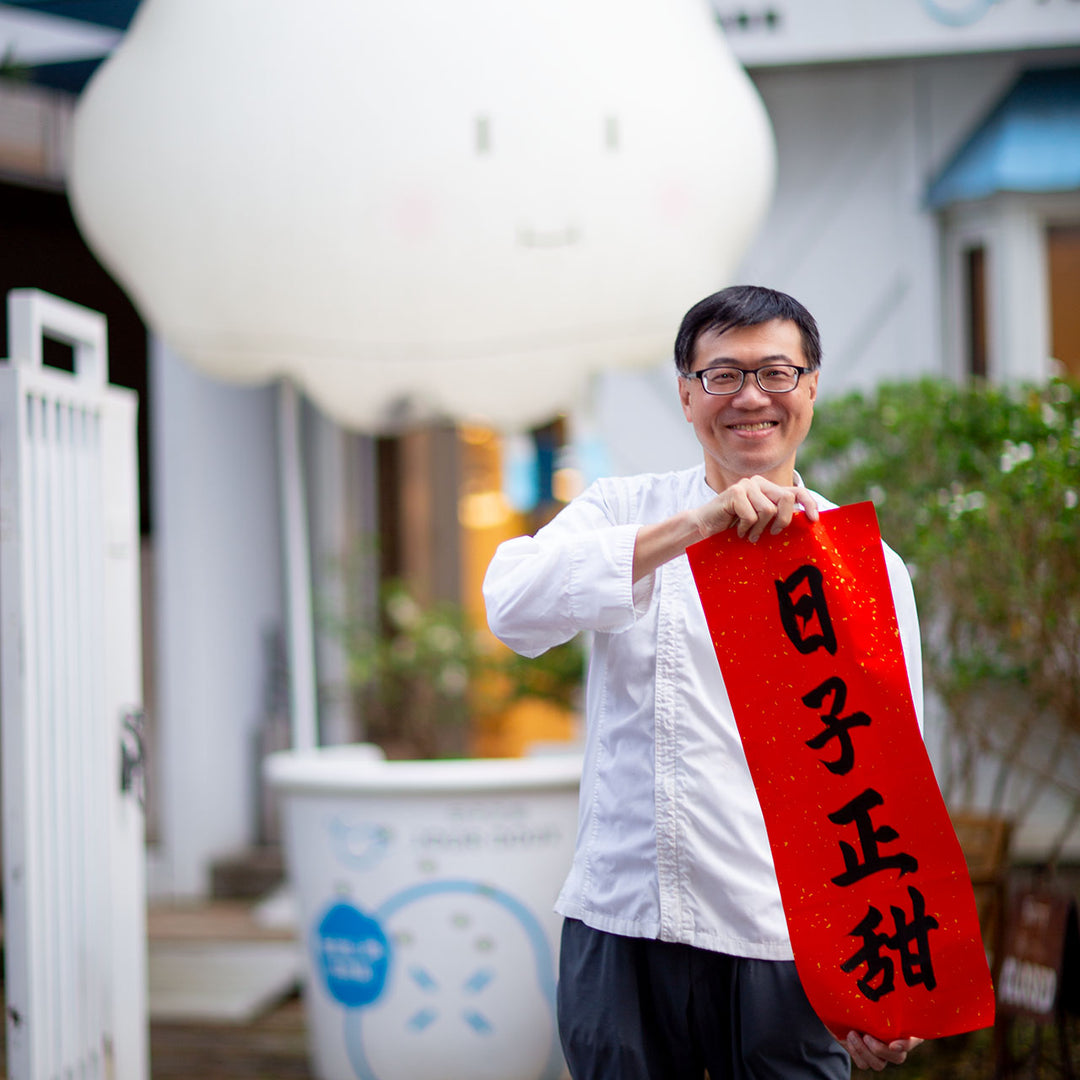
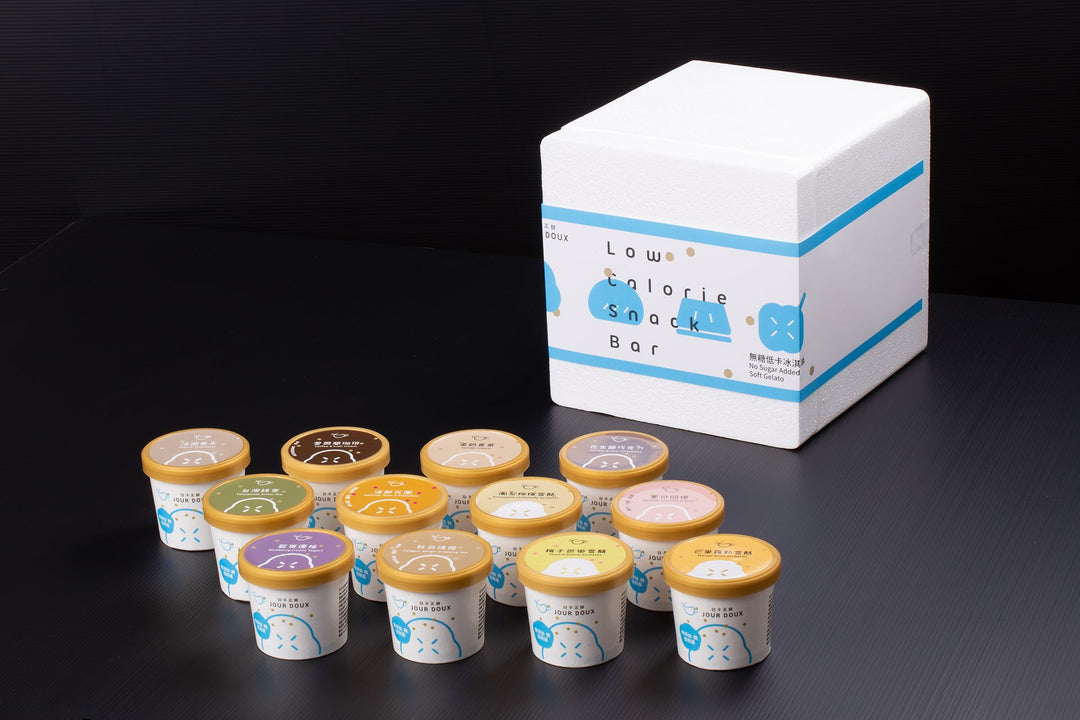

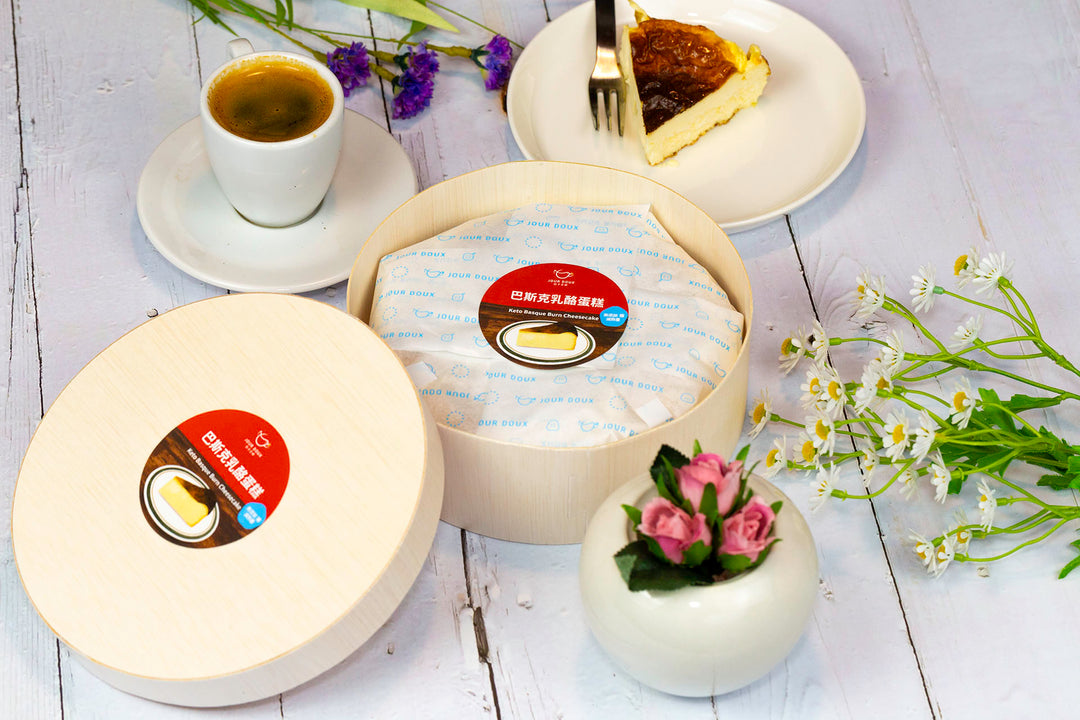
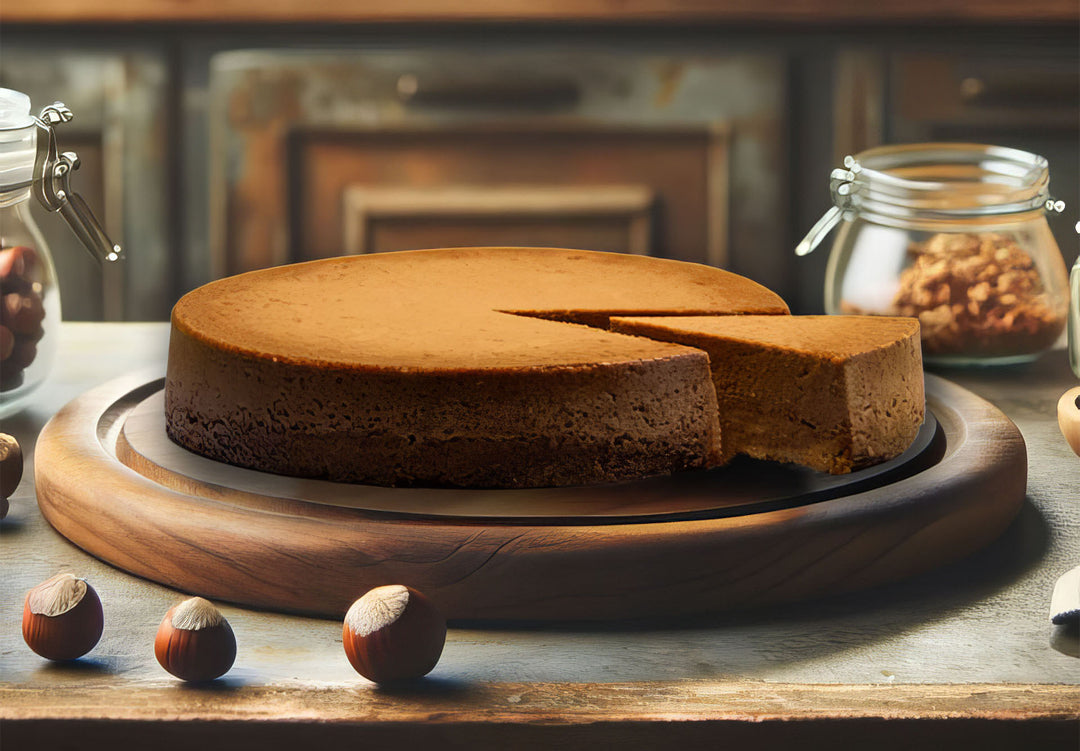


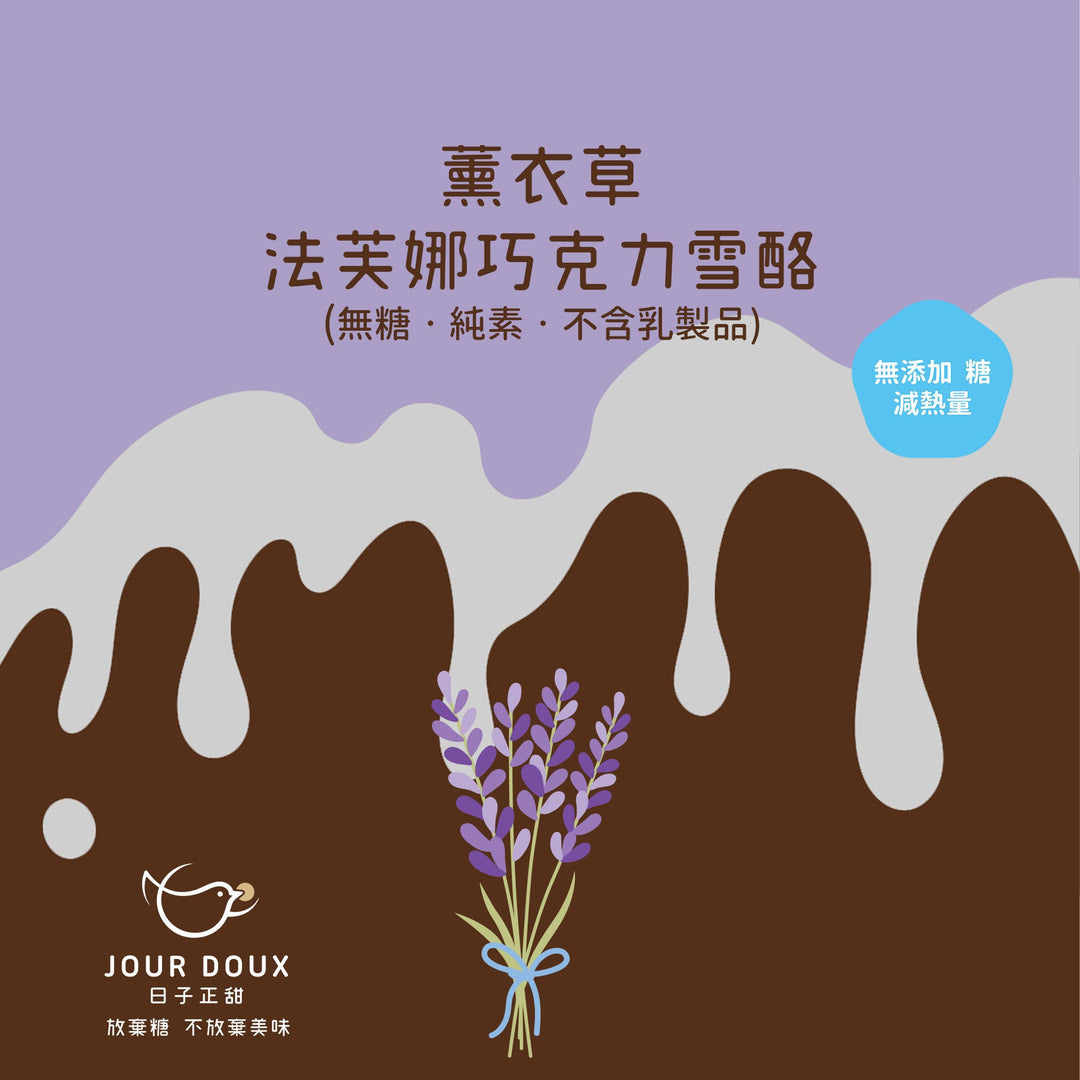
Leave a comment